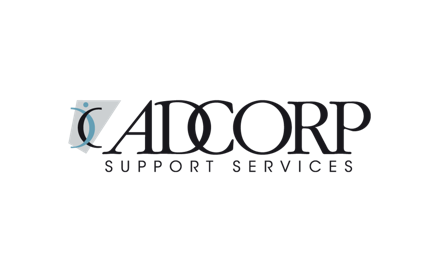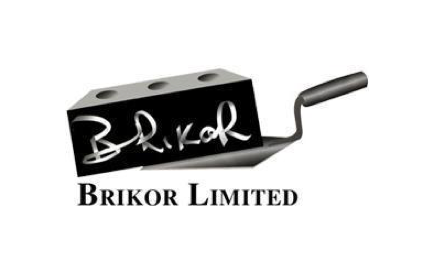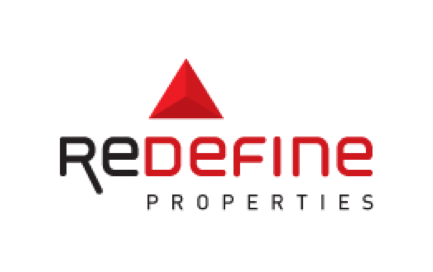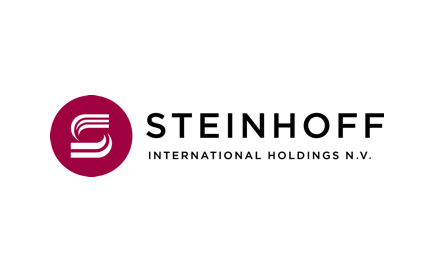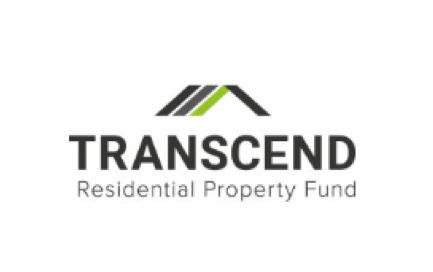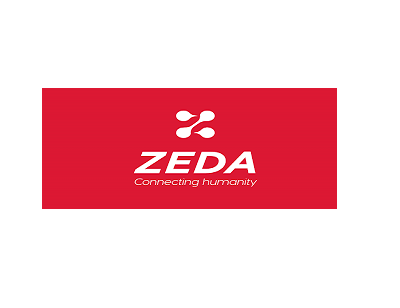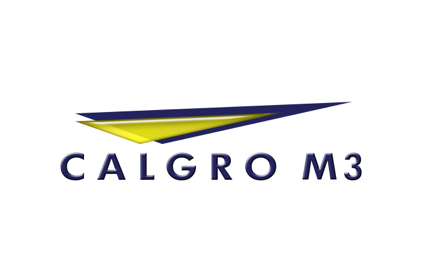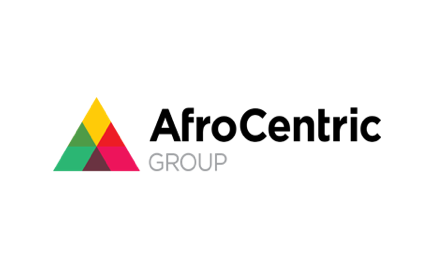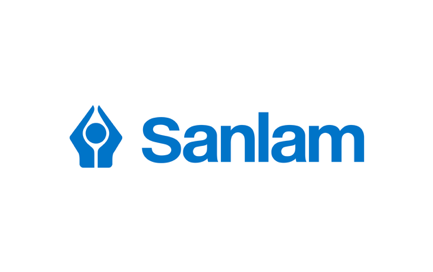Is the value unlock at Adcorp finally working out? (JSE: ADR)
Revenue has grown for the first time since 2016
If ever you want to learn about the pain of a bid-offer spread in small caps, Adcorp is a great way to do it. The spread has come down a lot if there’s a busy trading day. On other days, you could park a bus in there. This makes it difficult to trade the stock and you have to patiently sit on the bid or offer at your desired price, hoping for a trade. You can’t just give an instruction to execute at the best available bid or offer at any given time as you’ll get a nasty surprise.
Looking at the results for the year ended February, the (rather shocking) news is that revenue from continuing operations has grown for the first time since 2016. Talk about a lost half-decade! Cash flow is also a lot better, with cash generated from operations up 45.2%. Operating profit from continuing operations is down 18.4% though, with the major culprit being a significant impairment of goodwill.
It’s a complicated result to try and work through, but cash is a language we all understand. With a share price at time of writing of R5.44, a special dividend of 91.3 cents and a final dividend of 16.5 cents have been declared.
Brikor warns of a headline loss per share (JSE: BIK)
The brick and coal group will release detailed results this week
Brikor released a trading statement noting a headline loss of between 0.09 cents and 0.11 cents per share for the year ended February 2022. This is a move from green to red over the past year, as the prior period reflected positive HEPS of 1.1 cents.
The current share price is 15 cents.
Exemplar enjoys a rebound in retail property (JSE: EXP)
Some of the malls could probably fit inside the bid-offer spread!
Exemplar REITail is a perfect example of the liquidity that investors complain about on the local market. This property fund is worth a few billion rand, so it’s certainly not a small cap. Despite this, bids are at R9.00 and offers at R12.00, which is a gigantic spread that makes trade very difficult.
Leaving that issue aside, let’s focus on results for the year ended February 2023. The 26 retail assets in the portfolio enjoyed a much better year, with revenue up by 18.4% and the total dividend per share by 20% to 141.12192 cents. I’m loathe to quote the current price of R9.00 in giving you a trailing yield, as the spread is huge and the yield will change drastically depending on the bid vs. offer. Perhaps that’s the point, with the huge spread reflecting a yield of between 15.7% and 11.8%.
At a yield of 15.7%, it’s not hard to see why some people are sitting on the bid at R9 and waiting to be hit.
The net asset value per share is R13.74, up 11.8% year-on-year.
Take a trip to Poland with Redefine (JSE: RDF)
After the takeover of EPP by Redefine, there’s a lot for shareholders to consider in Poland
Redefine announced that a property tour is being held in Poland over the next few days. Aside from being a lovely excuse for the fortunate few to travel and enjoy a country with electricity, this is a also useful opportunity for all Redefine investors to learn more about the EPP portfolio that Redefine acquired as part of that takeover and delisting.
EPP is the largest asset manager of retail real estate in Poland when measured by gross leasable area (GLA). There are 35 projects of which 29 are retail and 6 are offices. The portfolio is split across 23 Polish cities, absolutely none of which can be successfully pronounced by anyone whose surname doesn’t have a lot of Zs and Ws in it.
The presentation also deals with the ELI portfolio, a group incorporated in the Netherlands and held 48.5% by Redefine Europe. The portfolio is also based in Poland, with a strong slant towards logistics properties.
You can find the full presentation at this link if you want to really dig in.
Steinhoff might be forced by SdK Schutzgemeinschaft der Kapitalanleger to appoint a herstructureringsdeskundige (JSE: SNH)
Spare a thought for business radio presenters everywhere
Reading that sentence will either give you anxiety or make you want to order a beer. Or both.
I’m not going to pretend to be close to the details on this Steinhoff restructuring plan. Frankly, it’s good enough for me that management has said multiple times that the equity is likely worth nothing.
With the group trying to enter into the WHOA Restructuring Plan, it was the shareholders who said “whoa!” in the end. Unsurprisingly, the creditors who stand to receive some value all voted in favour of the plan and the shareholders left out in the cold didn’t.
From my understanding, the potential outcomes are that a court sanctions the WHOA plan regardless of the shareholder vote, or Steinhoff will end up in liquidation.
To celebrate the equity possibly being worth zero in an unexpected way rather than the communicated way, punters drove the share price around 3.8% higher in afternoon trade. No, I still don’t understand why anyone is buying here.
Transcend Residential Property has 97.4% occupancy (JSE: TPF)
People need somewhere to live
The latest results from Transcend Residential Property Fund cover the 15 months to 31 March 2023. The year end was changed, so the year-on-year growth numbers are pointless as we are comparing 15 months to 12 months. To make it worse, the base period had a whole lotta Covid in it.
Instead, I’ll just look at the latest facts, like an occupancy rate of 97.4% and a loan-to-value ratio of 37.1%, which is far more palatable than it used to be. This was achieved through the sale of 425 residential units to raise R390.7 million in cash, which was then used to reduce debt.
The company is taking full advantage of the availability of so-called “green” finance, comprising 68% of the total loan book and offering a rate benefit based on the underlying use of the funds and the ESG metrics.
The distribution per share is 72.34 cents which implies a yield of 11.3%. Again, I would caution that there are three extra months’ worth of profits in that number.
The net asset value per share is R8.40 and the share price is R6.40.
The market didn’t love the Zeda numbers (JSE: ZZD)
Car rental activities are still way below pre-pandemic levels, but the debt is the focus
It was rather interesting to see the Zeda share price come under pressure particularly in afternoon trade after releasing interim results early in the morning. On the face of it, they really didn’t look bad with revenue up 20%, EBITDA up 19% and operating profit up 25%.
Return on equity was up by 590 basis points to 28.3% and net debt to EBITDA improved by 60 basis points to 1.6x.
So, for the six months to March, it’s unlikely that the year-on-year numbers were the cause of concern in the market. I suspect that the balance sheet and the lack of dividend were to blame.
The trouble might be in some of the commentary, which touches on obvious pressures in the market. For example, margin on used cars reduced in the second quarter of the financial year as supply chain issues normalised. This is a worry for the second half of the year, as the used car side of the business is a critical part of the car rental value and leasing value chain. Those cars are eventually sold through the used car retail footprint and online auction platforms, so Zeda needs a robust used car environment.
Zeda owes a big chunk of money to Barloworld based on a loan from its old parent company. Now as a separately listed entity, Zeda’s balance sheet needs to be able to stand on its own feet. Some of the market jitters might be around this debt which is due by the end of the calendar year. Still, Zeda says that the company is on track to settle the debt.
Looking at the car rental business, the huge growth in inbound travel and corporate travel drove increases in revenue of 138.7% and 69.5% respectively vs. the prior period. If you read deeper into the results, you’ll see a comment that total car rental activities are still operating at only 26.8% of pre-pandemic levels. As always, bulls will see this as growth runway and bears will see this as a structural decline in demand.
I’m a bit on the fence with this. I think the adoption of video calling has removed a layer of business travel forever. I also think that the unreliability of Uber in South Africa is a major boost for car rental firms, with so many people on Twitter experiencing horrible service from Uber. I’ve also really struggled to get an Uber at times, which doesn’t build confidence in the platform.
The leasing business is a useful part of the group, helped along by commercial vehicles and the higher interest rate environment that makes it more difficult to buy rather than lease. But with revenue only up by 6% and EBITDA down by 2% in that segment, this could be another area that caused concern in the market.
Interim HEPS was 189 cents per share, up just 4% because of the net interest costs increasing by 56%. There is no interim dividend per share, with the group presumably focused on the debt reduction. The share price slipped below R10 in afternoon trade, so the Price/Earnings multiple looks modest on an annualised basis. It all comes down to the debt.
Little Bites:
- Director dealings:
- Directors executed small additional purchases of Calgro M3 (JSE: CGR) shares to the value of R14.5k.
- Holders of 70.75% of shares in AfroCentric (JSE: ACT) tendered their shares in the offer from Sanlam (JSE: SLM). Each participant can now choose the split between cash and Sanlam shares in line with the circular, with a value of R60 per Sanlam share being used in the formula as the 30-day VWAP came in at R54.
- Buka Investments (JSE: BUK) has absolutely no bids and offers in the market, so the trading update only earns a spot in Little Bites. The headline loss per share is expected to be between -25 and -31 cents for the year ended February 2023. The share price is only 73 cents. In case you are wondering where you’ve heard this name before, Buka Investments is what became of the Imbalie Beauty listed shell. I would love to give you a website link but I can’t find one and got tired of looking – the company clearly isn’t bothered about anyone finding information.




